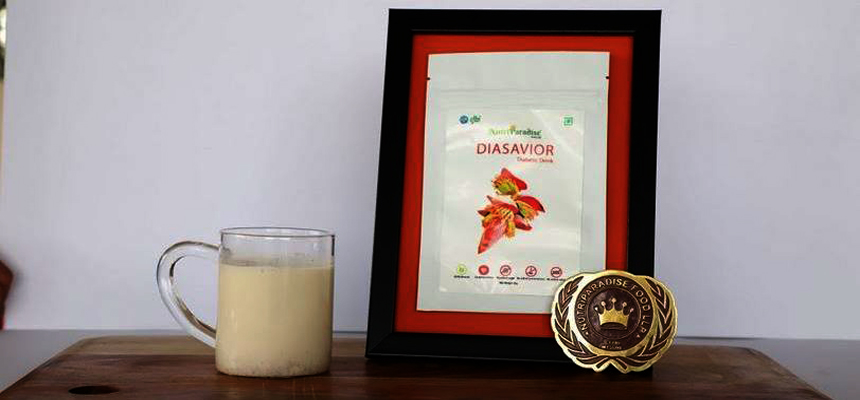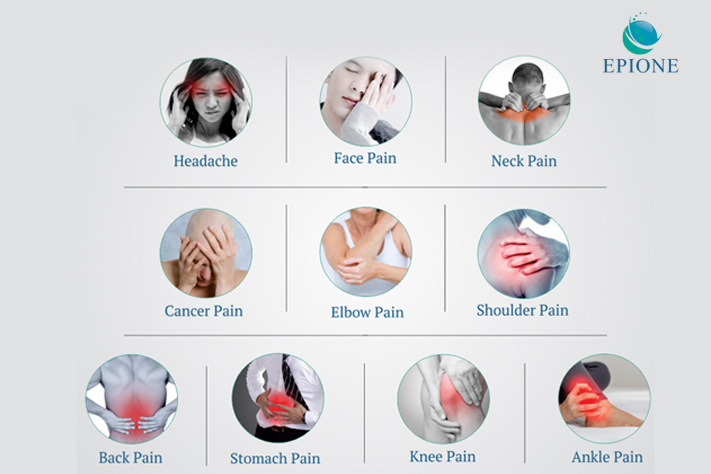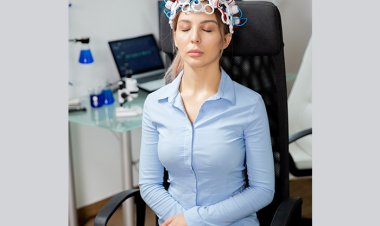World Stroke Day 2025: Act FAST, Because Every Minute Counts

Have you ever wondered how quickly a few minutes can change a life? In the case of a stroke, every passing second can mean the difference between recovery and permanent disability. That’s why World Stroke Day, observed on October 29, is dedicated to raising awareness about this life-threatening yet preventable medical emergency.
In India, stroke has become a growing health crisis. Recent data from 2024–2025 indicates that the country records over 1.8 million new stroke cases annually, with an incidence rate ranging from 108 to 172 per 100,000 people per year; significantly higher than in high-income countries. Stroke is now the fourth leading cause of death and the fifth leading cause of disability in India. The key factors behind this rise include hypertension, diabetes, tobacco use, and sedentary lifestyles. Worryingly, strokes are increasingly being seen in younger individuals under 50, unlike in Western populations, where it is more common among the elderly.

Dr. Neeharika Mathukumalli Senior consultant neurologist of Star Hospital, gives an insight into how awareness, early recognition of symptoms, and rapid hospital intervention can save lives and reduce the long-term impact of stroke.
Understanding Stroke: A “Brain Attack”
Many people confuse a stroke with a heart attack, but in reality, a stroke affects the brain, not the heart. It occurs when the blood supply to a part of the brain is interrupted, either by a clot blocking a vessel or a ruptured blood vessel. Without oxygen, brain cells begin to die within minutes. Doctors often say that a stroke is even more complex than a heart attack because the brain controls speech, movement, and other vital functions, and damage can result in lifelong disability, even if the patient survives.
Recognising the Warning Signs: Think FAST
When it comes to strokes, time is everything. Every second counts because a million brain cells die every second after a stroke. The quicker the treatment, the better the chances of recovery.
To recognise a stroke quickly, remember F.A.S.T.:
• F – Face: Ask the person to smile. Is one side drooping?
• A – Arms: Ask them to raise both arms. Does one arm drift down?
• S – Speech: Is their speech slurred or strange?
• T – Time: If you observe any of these signs, call emergency help immediately.
Other symptoms can include sudden loss of vision, double vision, numbness on one side of the body, or an intense headache. Do not wait, rushing to the hospital can reverse the damage if treated in time.
Stroke Can Affect Anyone
Although stroke is often linked with ageing, recent studies show a 25% increase in stroke cases among people aged 20–64 over the past two decades. High blood pressure, high cholesterol, diabetes, irregular heartbeats, and smoking are major risk factors. Importantly, stroke can be prevented by managing these health conditions and maintaining a balanced lifestyle.
Conclusion
On this World Stroke Day, let’s remember the life-saving message: “Time is Brain.” Stroke can strike anyone, anywhere, anytime — but with awareness, prevention, and timely medical care, it doesn’t have to take a life or a lifetime of mobility.
At Star Hospital, our team of neurologists, emergency specialists, and rehabilitation experts works together to provide 24x7 stroke emergency care, advanced imaging, and life-saving treatments. If you or a loved one experiences sudden facial drooping, arm weakness, or slurred speech, Act FAST and rush to Star Hospital immediately.
Because when it comes to stroke, every second truly counts. Book your appointment or emergency consultation at Star Hospital today.

 Disclaimer: Welthi.com does not guarantee any specific results as a result of the procedures mentioned here, and the results may vary from person to person.
Disclaimer: Welthi.com does not guarantee any specific results as a result of the procedures mentioned here, and the results may vary from person to person.









